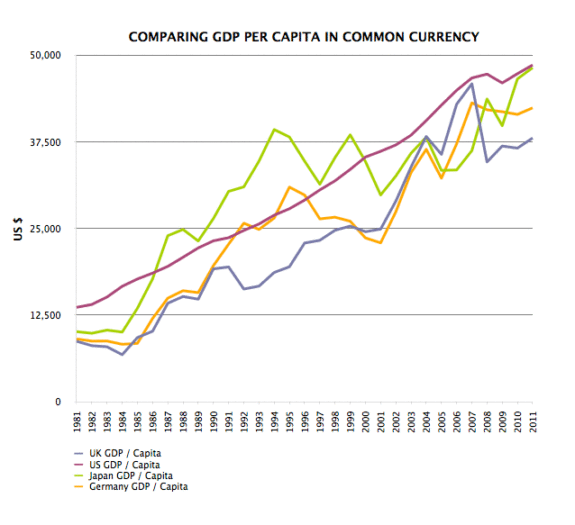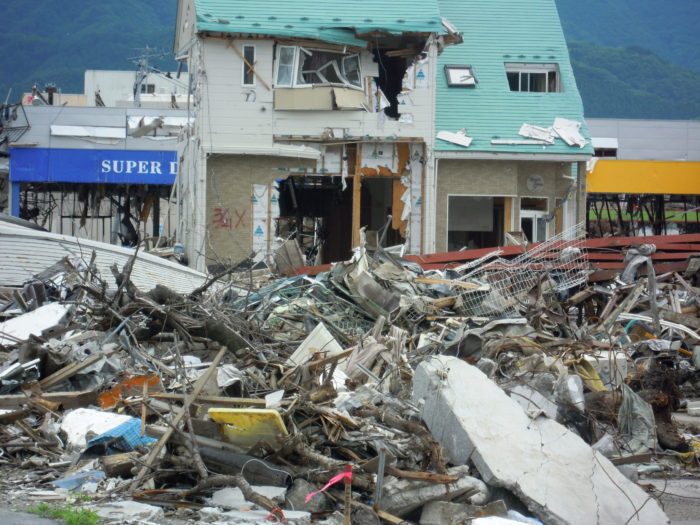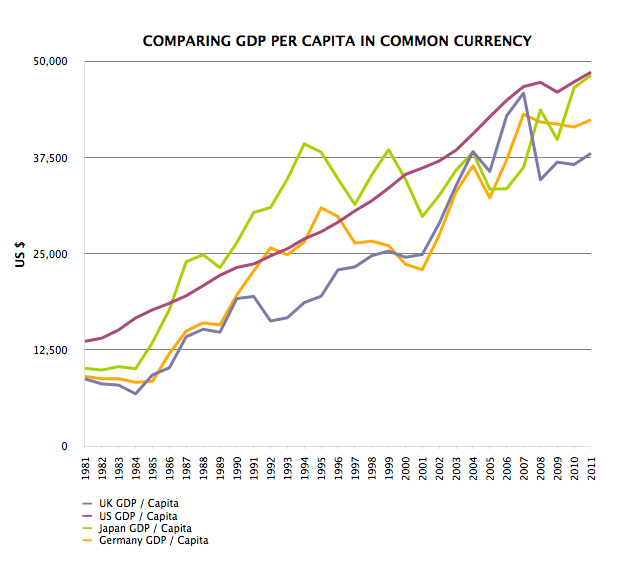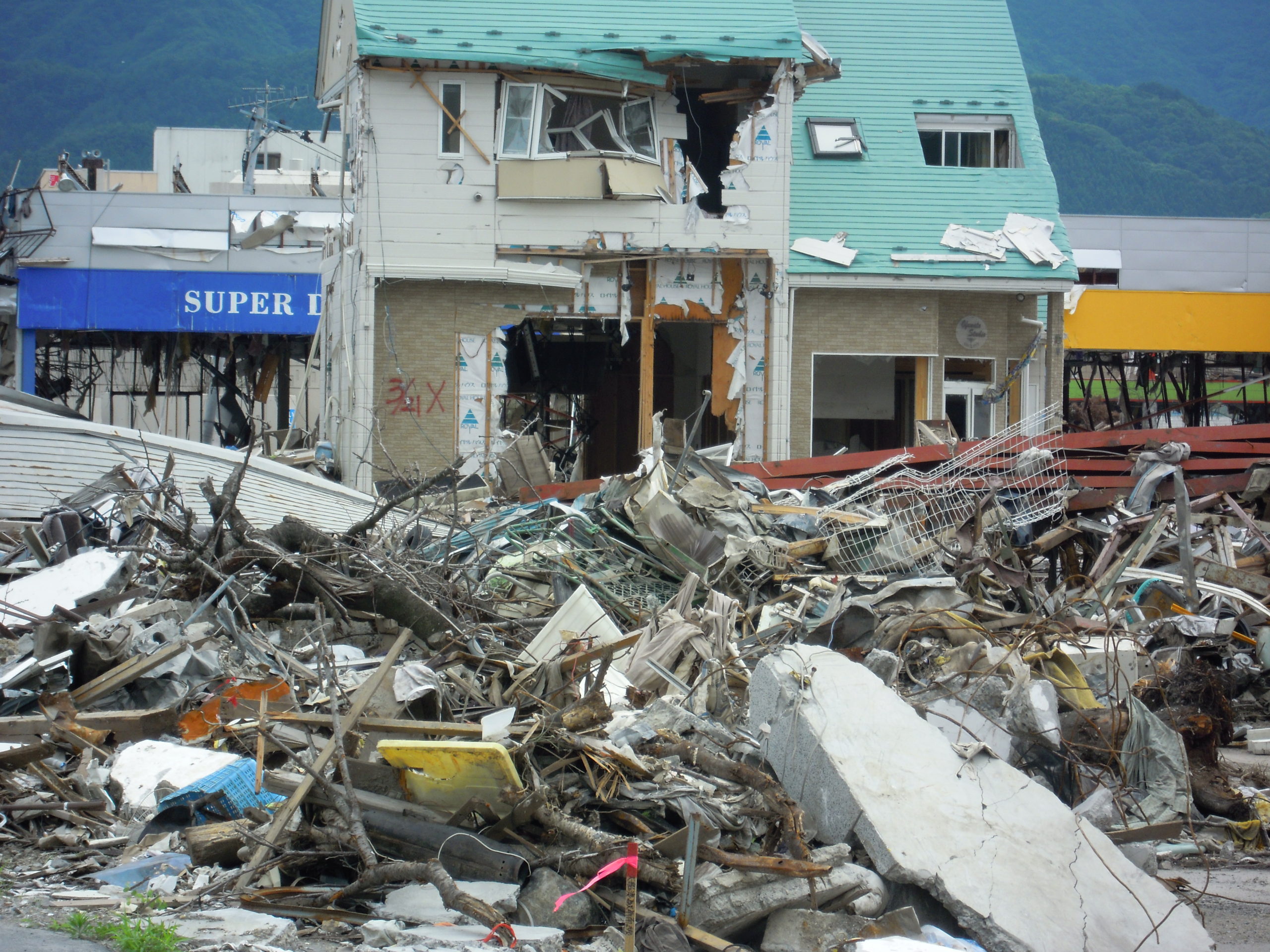
Japan

Share
If Hollywood were making the movie, the imminent confrontation between Michael Woodford, the former CEO of Olympus, and the directors who…

Share
Share
Imagine the US economy shrinking by 30% over the past four years, the Chinese economy growing at 2%, not 10%. Imagine UK house prices down 60% and commodity prices sliding back to the levels of the mid-1970s.
Share
The biblical parable of the talents contains a timely warning for the gold market. In the story the master distributes his wealth between three servants. The first and the second put their capital to work in businesses and generate healthy profits. The third, scared of losses, buries his share in the ground.
Share
Sovereign downgrade? Been there, done that, got the T-shirt. Such is likely to be the response of any investor in Japan to the news that Standard and Poors has removed its triple A rating on US
Share
The world has come to think of Japan as the economic equivalent of Duran Duran – an over-hyped 1980s phenomenon that has fallen into justly deserved obscurity.
Share
Disaster reveals national character in the starkest possible way. Japan’s response to the unprecedented triple blow of earthquake, tsunami and nuclear meltdown has demonstrated both its strengths and weaknesses – to the world and perhaps to the Japanese themselves.
Share
“When my mother was 10, she was evacuated to Sendai and saw the whole town get bombed flat. My father experienced the big air-raids on Yokohama. Their generation started out when there was nothing left of Japan but smoking ruins. Don’t worry about us – we’ll definitely recover this time too.”
Share
The earthquake which struck Japan on Friday with such devastating human cost was powerful enough to shift the earth’s on its axis and move the Japanese land mass six feet. It is human nature to assume that an event of such destructive force must have powerful lasting effects on stock markets too, but that is not necessarily the case.

